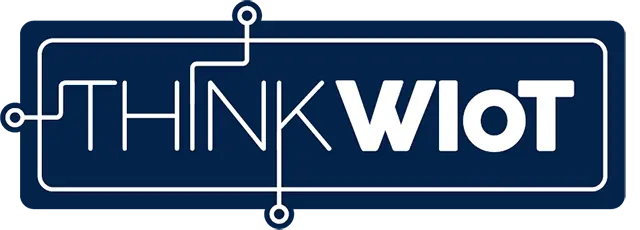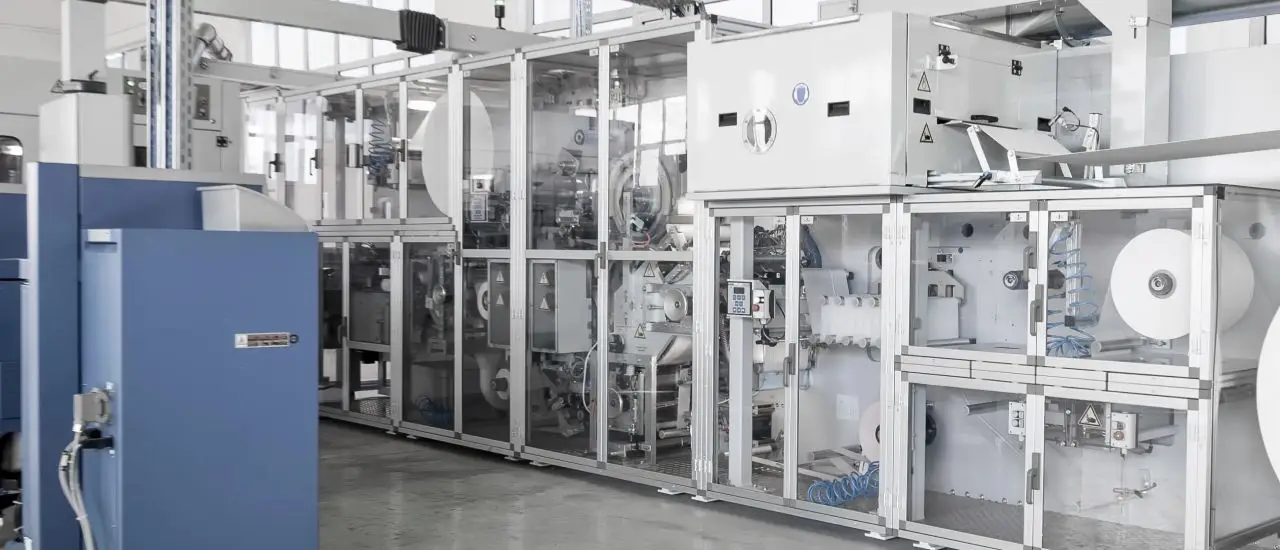- HF RFID tags enable fast, tamper-proof digital recording of legally required DGUV inspections across diverse equipment sizes.
- Digital reports are archived as immutable PDFs, improving data security, traceability and compliance evidence for authorities and insurers.
- RFID-supported workflows eliminate paper and manual entry, reduce inspection time, and automate reminders for upcoming inspections.
- Neosid miniaturized transponders (NeoTAG Plug and NeoTAG Flag) provide robust, metal-optimized and reusable options for varied applications.
- Large-scale deployments demonstrate scalability: clients have tagged thousands of items, and public and industrial contracts validate the approach.
Landlords is a German inspection company specializing in DGUV-compliant safety inspections. Their range of services includes the testing of lifting accessories, cranes, racking systems, ladders and steps, gates, personal protective equipment (PPE), as well as electrical devices and machinery.
Since 2020, this Saxony-based company has been using miniaturized HF RFID tags* on tools, machines, lifting accessories, and electronic devices to carry out the legally required inspection processes that ensure operational safety.
The RFID solution at Landlords was implemented in collaboration with Industria Oberländer. The HF RFID tags are supplied by Neosid. Enrico and Claudia Hentzschel, the owners of Landlords, explain the advantages of digitized inspection processes.
* High Frequency (HF) refers to a range commonly used in RFID technology, typically at 13.56 MHz. The read range of HF RFID varies between a few centimeters and up to one meter, depending on antenna size and environmental conditions.
Still Inspecting Manually? That Costs Time and Money!
Employee Safety First
Regular inspections ensure safe working conditions: safety checks and measures like rope protection help prevent accidents and ensure the functionality of equipment and installations.
The protection of employees and the prevention of workplace accidents are the primary reasons for regular inspections in industrial facilities, construction sites, and laboratories. Ultimately, it's about ensuring that machines, electrical devices, gate systems, or lifting equipment are functioning safely and correctly.
Inspections are carried out at legally required intervals. After each inspection, a protocol is generated and an inspection seal is issued. This serves as proof for authorities and insurers that inspection schedules are followed and functionality is confirmed.
Beyond legal compliance, inspections also support predictive maintenance and repair planning – a factor that is becoming increasingly important for equipment operators and machine operators.

The predictive aspect is crucial for our clients. Each inspection – sometimes thousands per customer – is quickly and accurately recorded in our software using RFID tags. Clients can access our inspection portal at any time to check whether a device has passed or if repairs are due. When eleven months have passed since the last inspection, the system automatically sends a notification to both the client and our dispatch team. This means the next inspection is scheduled within the following four weeks.
Claudia Hentzschel - Inhaberin, Landlords
How Are Inspections Conducted?
Various methods are used when inspecting lifting equipment. These include a visual inspection, which identifies wear and damage, followed by functional testing to check components such as brakes, controls, and load-bearing capacity.
The final step is a load test, which ensures the stability and reliability of the lifting equipment under real operating conditions. For electrical equipment, insulation resistance and protective earth resistance are measured. Special attention is paid to the proper functioning of residual current protection devices. All results are digitally recorded in the internal system.
A key aspect of electrical equipment inspections is the immutability and reliability of the inspection reports. These reports must not be altered. They are archived in a tamper-proof format, typically as PDF files, ensuring the original version remains unchanged. Clients can access their inspection records at any time but are not able to modify them.
This approach guarantees a high level of data security and transparency. The reports are protected against unauthorized changes and comply fully with data protection and audit trail requirements. This ensures that inspection results remain trustworthy and legally compliant.
Advantages of RFID-Supported Inspection Processes
Tags are durable and temperature-resistant
Transponders withstand abrasion
Efficient and time-saving
No paper documentation required
No manual data entry
High flexibility
Predictive maintenance and repair planning
Full transparency
From 5 Centimeters to 23 Meters – RFID-Based Inspections Across the Board
Inspections cover both mobile tools and machines, as well as permanently installed systems such as gate systems – including specialized fire protection doors. Landlords also inspects complete crane installations, their lifting equipment, and chains. Electrical devices are also part of the inspection process. The smallest item equipped with an RFID tag is a 5-centimeter hammer; the largest is a crane with a span of 23 meters.
A key aspect in the inspection of electrical devices is the immutability and security of the inspection reports. These reports must not be altered. The original document is saved in an unchangeable PDF format. Clients cannot make any modifications. As a result, the reports are protected and meet all requirements regarding data protection and traceability. The inspection results are therefore reliable and legally compliant.
Enrico Hentzschel - Inhaber
How Are Devices and Machines Tagged?
Landlords offers three types of identification tags:
Devices equipped with miniaturized transponders
An RFID-based hang tag that also includes a QR code
An RFID-based label
Out of 250 clients working with Landlords, only two still use a barcode-based solution. The vast majority of inspection processes rely on RFID technology. The company uses NeoTAG Plug and NeoTAG Flag transponders from Neosid, along with RFID readers provided by Industria Oberländer.
The NeoTAG Plug, with a height of just 4 mm, offers reliable reading and programming capabilities. It can be read and written to using almost any modern smartphone equipped with NFC functionality.
The Miniaturized NFC Tag for Electrical Devices and Metal Objects
The NeoTAG Plug MFG4336 from Neosid is a robust and miniaturized NFC transponder with a diameter of just 4 mm and excellent read range. Thanks to its integrated ferrite core, it is optimized for use on metal surfaces. The recessed design simplifies integration into a wide range of applications, while the user-specific memory area allows for individual customization.
The transponder is entirely manufactured in Germany, ensuring high standards of quality and reliability. It is particularly well suited for industrial applications requiring high-performance NFC technology.
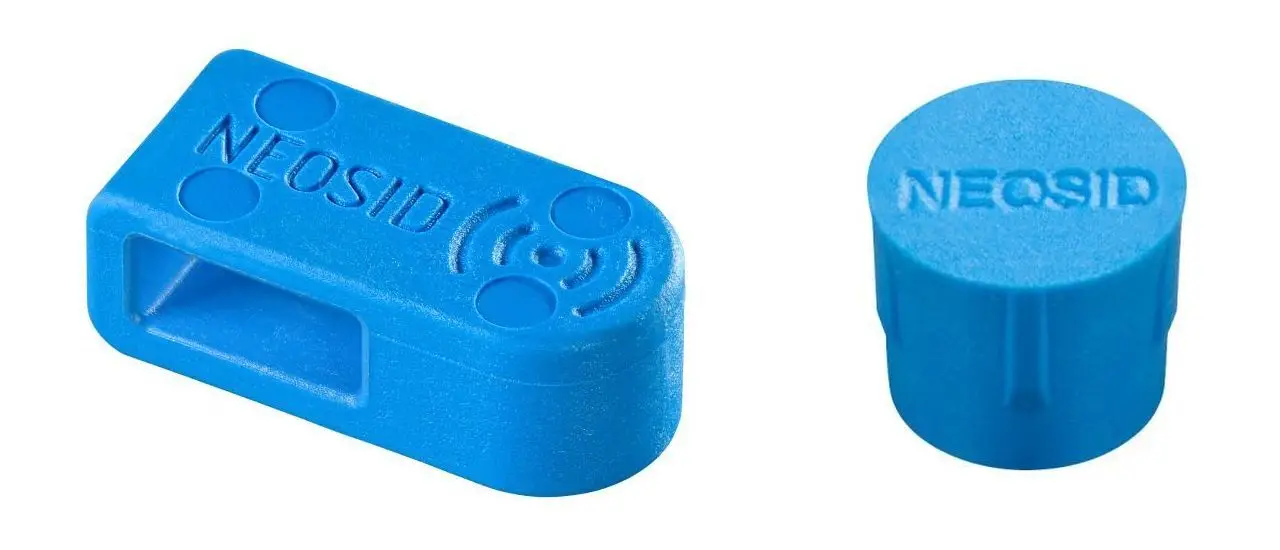
NFC Tag for Large Objects as Well
The NeoTAG Flag FG5242 from Neosid offers high read range and robustness in a compact design. It is ideal for objects where no mechanical modifications, such as drilling, are possible. Thanks to a small opening, the NeoTAG® Flag FG5242 can be easily and quickly attached using a cable tie, for example.
The tag is reusable, making it a cost-effective and flexible solution. It is entirely manufactured in Germany, ensuring high quality and reliability.
Examples of RFID-Based Inspection Processes
Construction Company HIW Hoch- und Ingenieurbau Wilsdruff
Around three years ago, the construction company HIW Hoch- und Ingenieurbau, based in Wilsdruff, began digitizing its inspection processes. The goal was to solve recurring issues caused by paper-based inspection protocols on construction sites. In many cases, these documents were not available on site, leading to delays and inefficient follow-up work. Tracking inspection statuses was also a significant challenge.
To address these issues, the company decided to digitize its inspection workflows. To avoid disrupting ongoing operations, the transition to the digital system was carried out gradually and efficiently. The aim was to prevent any full interruptions of construction work and to avoid duplicate costs for inspections that had already been completed.
In total, more than 10,000 devices had to be equipped with RFID tags. Due to the large and diverse equipment fleet – including various machines, tools, and devices used across numerous construction sites – the tagging process was time-consuming. Today, all of the company’s more than ten active construction sites are fully equipped with the digital inspection system. Read the story here.
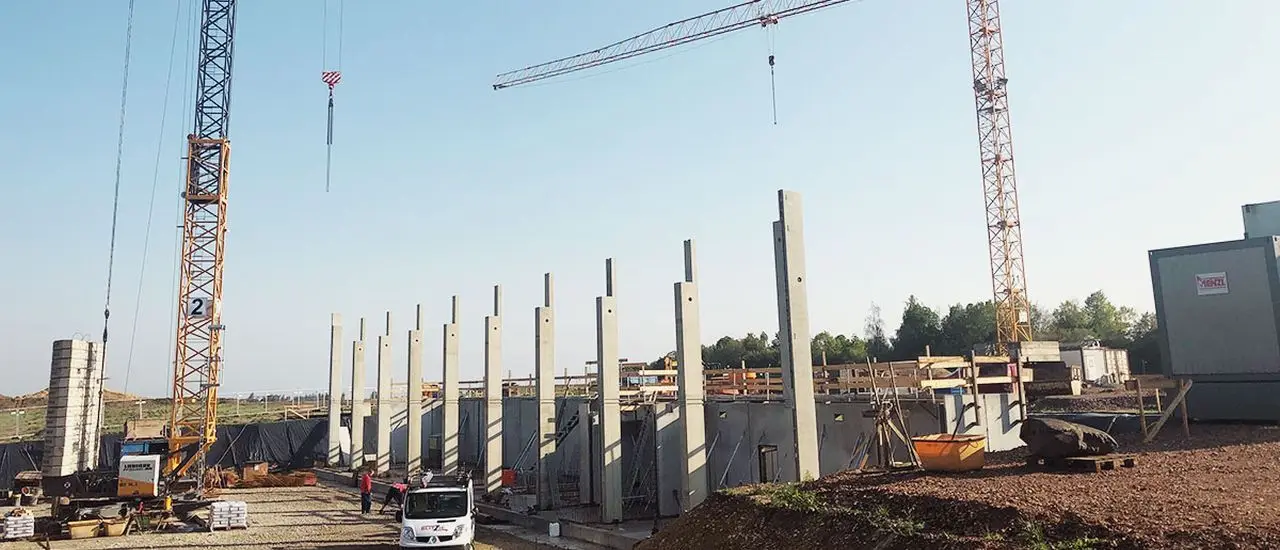
Government Contract Awarded by the Saxony State Office for Archaeology
In December 2024, Landlords was awarded a contract by the Saxony State Office for Archaeology in Dresden. The project involves the inspection and digital documentation of approximately 6,000 portable electrical devices. This contract is regarded as a high-profile reference and serves as a strong endorsement of Landlords’ software solution.
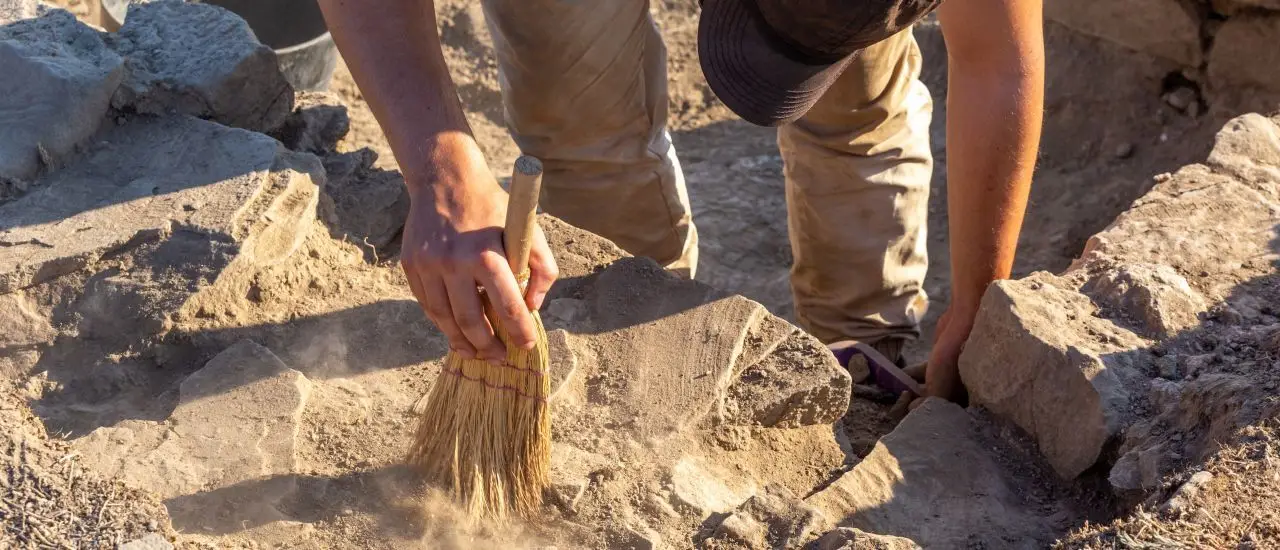
Quarterly Inspections at ESMC in Dresden
Landlords recently welcomed Taiwan Semiconductor Manufacturing Company (TSMC) as a new client. In August 2024, TSMC began construction of its first European semiconductor plant in Dresden, Germany.
The project, known as the European Semiconductor Manufacturing Company (ESMC), is a joint venture with Robert Bosch, Infineon Technologies, and NXP Semiconductors. The facility is scheduled to be operational by the end of 2027 and will manufacture semiconductors for the automotive and industrial sectors.

Drinking Water Supply for the Elbaue-Ostharz Region
Landlords: Inspection Services for the Elbaue-Ostharz Regional Water Supply
The Elbaue-Ostharz Regional Water Supply, based in Torgau, has been a customer of Landlords for several years.
The organization has acquired the complete inspection system from Landlords and is now able to carry out inspections of lifting accessories independently at various sites. Inspection results are entered directly into the software system’s dashboards — saving both time and costs.

Integrating RFID technology into our inspection processes is a major step forward for us. This innovative technology allows us to develop, deploy, and operate a customized software solution tailored to our clients’ specific needs. The use of RFID tags ensures seamless and efficient documentation of all inspections. Our clients benefit from a modern, future-ready system that significantly streamlines and simplifies inspection workflows.
Enrico Hentzschel - Inhaber
What Data Is Stored on the RFID Tag?
Each RFID tag contains a unique ID. If needed, additional information (up to 120 characters) can be stored using specialized software. These details allow technical data related to the inspected equipment to be retrieved quickly — saving valuable time for both the inspector and the client.
During the initial installation of RFID tags on machines, tools, or equipment, there is a slightly higher time investment, in addition to the cost of the RFID tag itself.
Landlords: Inspection Specialist
Landlords, based in Schmölln-Putzkau (Germany), offers DGUV-compliant inspections for lifting accessories and cranes, construction machinery services, hydraulic system repairs, a specialty store for hydraulic tools, as well as rental services for machinery and equipment. The company currently serves 250 clients.
In 2018, Landlords HFT was established, specializing in DGUV inspections, repair services, and spare parts. Since 2020, the company has also been offering digitalization solutions, including RFID, QR, and barcode-based systems, supported by their own in-house software.
